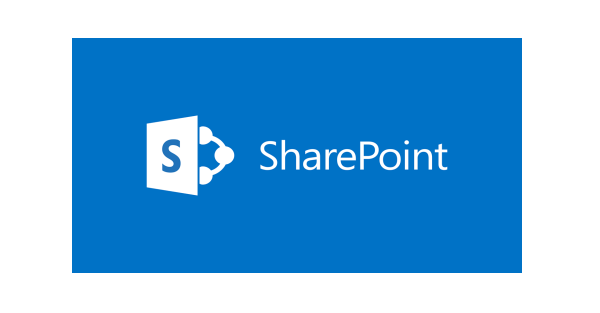4 Benefits of Microsoft SharePoint

Microsoft SharePoint allows organisations to create websites as part of the Microsoft Office 365 service.
It enables them to use it as a secure place to store, organise, share and access any information from a whole range of devices. It can be accessed online via any common web browser, and has several different types or products and services available. Let’s examine them…
SharePoint Online – A service operated entirely on the cloud, it allows employees to create sites and share information with co-workers and customers. Operating as a centralised infrastructure, it allows the real-time collaboration on and sharing of reports and documents in various projects.
SharePoint Server – Organisations can use SharePoint offline via hosting on a server on-premises, for example, in their own location. This includes some additional tools and management systems to allow more control. This does, however, reduce the disaster-proofing of the service and makes the end-user company’s IT resource responsible for the upkeep of the hardware.
OneDrive for Business sync – A desktop program used to sync documents from a site to OneDrive for Business to your hard drive, so that it can be used offline.
Part of what makes SharePoint so popular and so powerful is that it not only comes with a significant range of built-in features and functionalities, but it allows third-party plugins to make things easier.
The most common usage for SharePoint is for company and business intranets. What is this? Well it is an internal collection of websites and content used by employees to share information and documents within and throughout the organisational infrastructure of the company.
It can also be used for external, customer-facing sites on the internet as well – though this is less common and they are usually made to not look like a SharePoint website.
One of SharePoint’s more highly sought-after features is its ability to allow co-workers to collaborate on projects of all sizes.
The site can host all kinds of files and information in one location, so that employees and contributors always know exactly where to find them. Similar to cloud-based competitor Google Docs, this allows documents to always be centralised with a master copy, instead of multiple people having various copies at different stages of the editing process.
So the big question is this…
Is Microsoft SharePoint relevant to your business or organisation?
In a word, yes. Microsoft SharePoint comes with several key benefits for businesses:
1. Efficiency
SharePoint has a huge range of productivity and efficiency tools such as change logs, calendars, wikis, and internal discussion boards that are indexed by the search engine.
This means that they can be searched by co-workers and employees to benefit from the knowledge and information of others.
Client portals allow external suppliers or client to also have limited access, meaning projects, documents and reports can be managed through a Microsoft SharePoint site.
2. Centralisation
Everything is stored in one location, instead of being fragmented all over the place.
Your employees have one place to look for everything they need, and even more importantly as a manager or director, you have the ability to check everything and keep an eye on everything in one place.
3. Disaster-Proofing
Using SharePoint for an intranet as a method of disseminating information, documents and projects enables considerable disaster-proofing over traditional print or digital media.
Acts of Man and Acts of God can result in losses of entire datasets, as data typically does not react well to the influence of fire or flood!
With a cloud-based intranet as opposed to an on-site server method, your company’s intranet is protected from most types of physical disaster and enables swift recovery from any untoward events.
4. Practicality
Businesses no longer need advanced technical knowledge to operate a complex, resilient infrastructure.
This means that even small businesses can use SharePoint for its various benefits.
The document management systems do not need specific or complex technical knowledge to understand, and therefore are realistic for small business owners or larger enterprises without a dedicated technical team.
The key to deciding whether or not SharePoint is right for your business is looking at the benefits and deciding whether your company could benefit from such an infrastructure.
Though there are relatively few companies who would not benefit from these features, yours may be able to harness this type of collaboration tool quickly.
More likely, it may be something your company could use it to increase productivity, centralise information, disaster-proof the infrastructure and give employees the opportunity to collaborate on projects in real-time.
The only way to find out is to try it out for yourself. To find out more, contact the Grant McGregor team on 0808 164 4142.




